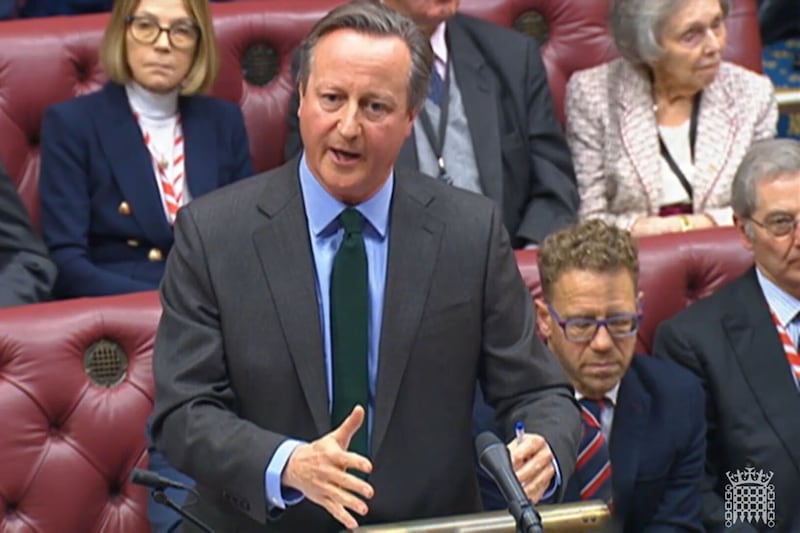THE British government is "honouring its commitments" to the EU by introducing legislation at Westminster that enables the building of permanent border control posts at the north's ports, it was claimed last night.
Laid before parliament yesterday, the so-called statutory instrument gives Whitehall officials the authority to order the completion of infrastructure for checks on agrifood products arriving from Britain.
The Official Controls (Northern Ireland) Regulations 2023, which the British government said are "needed under any long-term solution to the protocol", is being introduced in the absence of a devolved administration.
It effectively gives the secretary of state carte blanche to build border control posts (BCPs) and recruit staff to perform checks under the post-Brexit trade arrangements, a role that previously was the responsibility of Stormont's agriculture minister.
The move, which could potentially facilitate the creation of 'red' and 'green' lanes for goods, was first outlined in a letter from minister of state Richard Benyon to a House of Lords committee a fortnight ago.
A spokesperson for the Department for Environment, Food and Rural Affairs (Defra) said: "The UK government has been clear the Northern Ireland Protocol is not working. We are in negotiations with the EU to find a negotiated solution, but the Northern Ireland Protocol Bill was introduced because the situation in Northern Ireland needs to be resolved if negotiations are not successful. These facilities are needed under any long-term solution to the protocol – a negotiated solution or through the NIP Bill."
The regulations were laid in Westminster just days after the EU and UK government announced a deal on data sharing for goods arriving in the north from Britain.
Alliance deputy leader Stephen Farry said he acknowledged the need for the legislation to proceed.
"This is about the UK honouring its commitments – this should really be done in the devolved space, but we recognise the necessity of Defra stepping in," he said.
"BCPs will still be required in the context of a deal on a revised protocol or even where the government uses the protocol bill."
The North Down MP said efforts should be made to reduce the level of agrifood checks, including via a veterinary agreement.
"However, in all Brexit scenarios there will be a residual need for some level of checks – it is important to be open and realistic about that," he said.
SDLP MLA Matthew O'Toole said the construction and operation of BCPs was a "legal requirement under the protocol".
"That doesn't mean that progress can't be made on streamlining and minimising checks," he said.
"That's where the focus should be, alongside protecting the vast economic benefits of the protocol's dual market access."
DUP leader Sir Jeffrey Donaldson said any border control posts would relate "solely to goods that are flowing into the European Union and their single market."
“So we have been very clear, Northern Ireland’s place within the UK internal market must be respected and protected in UK law," he told the BBC.
He said the DUP could not support a "border on the movement of goods" that were staying in the UK internal market.








